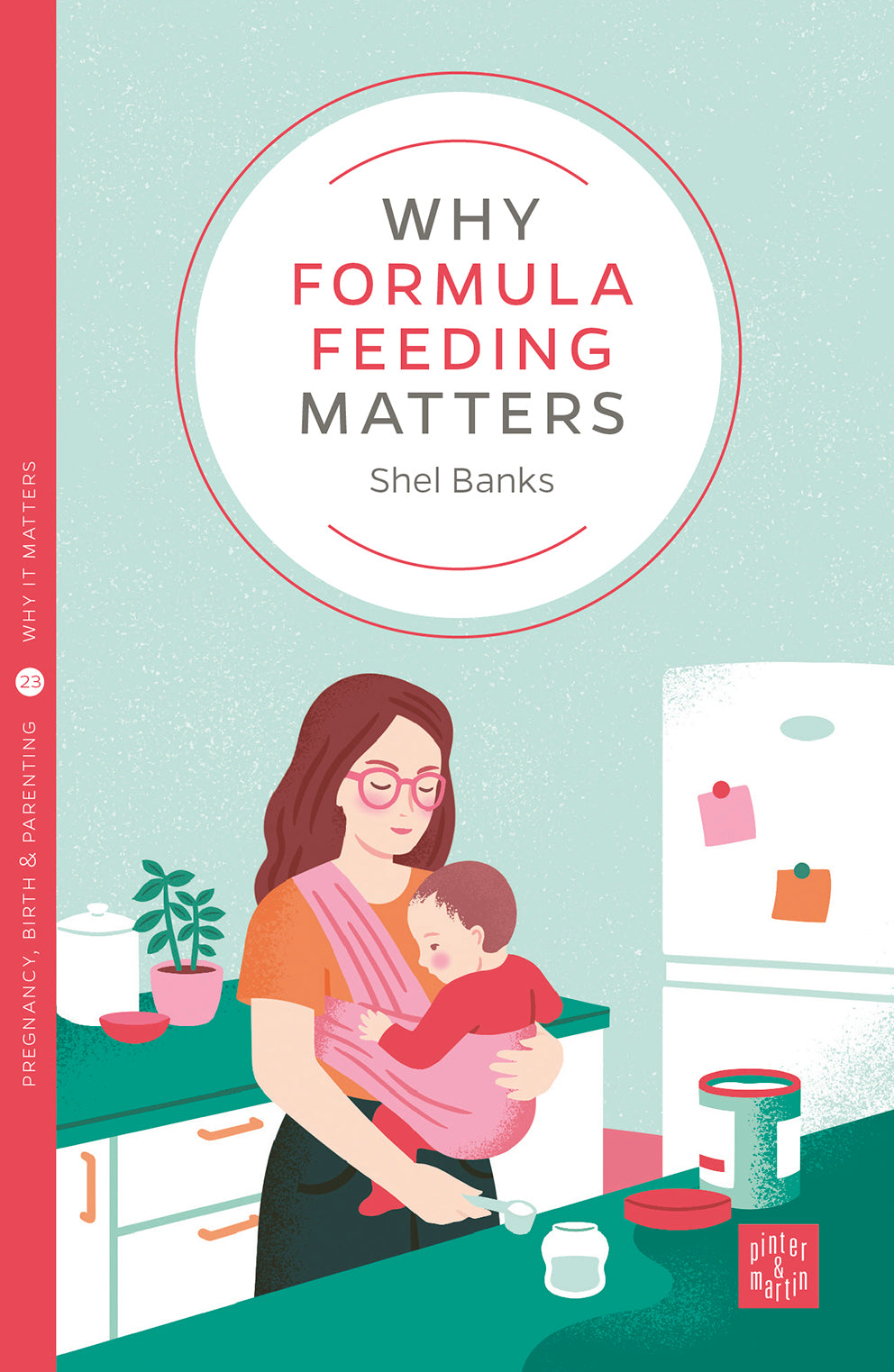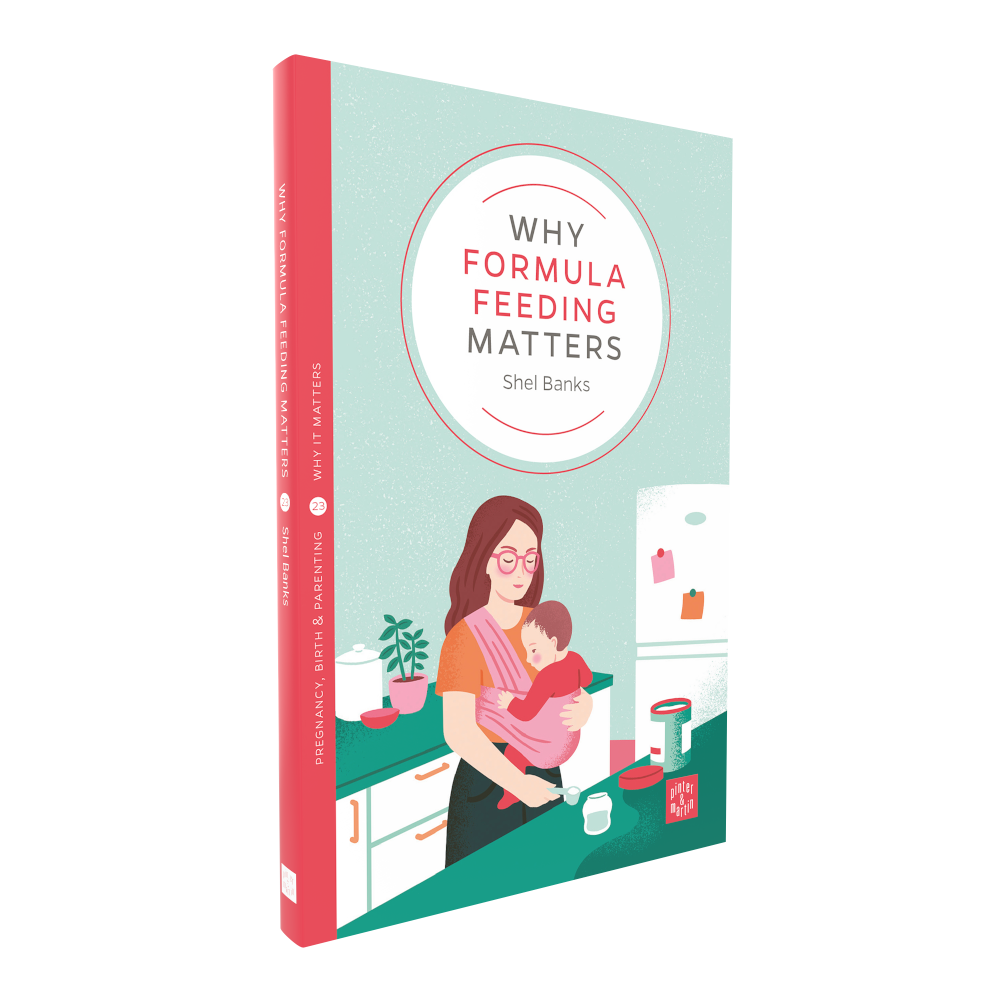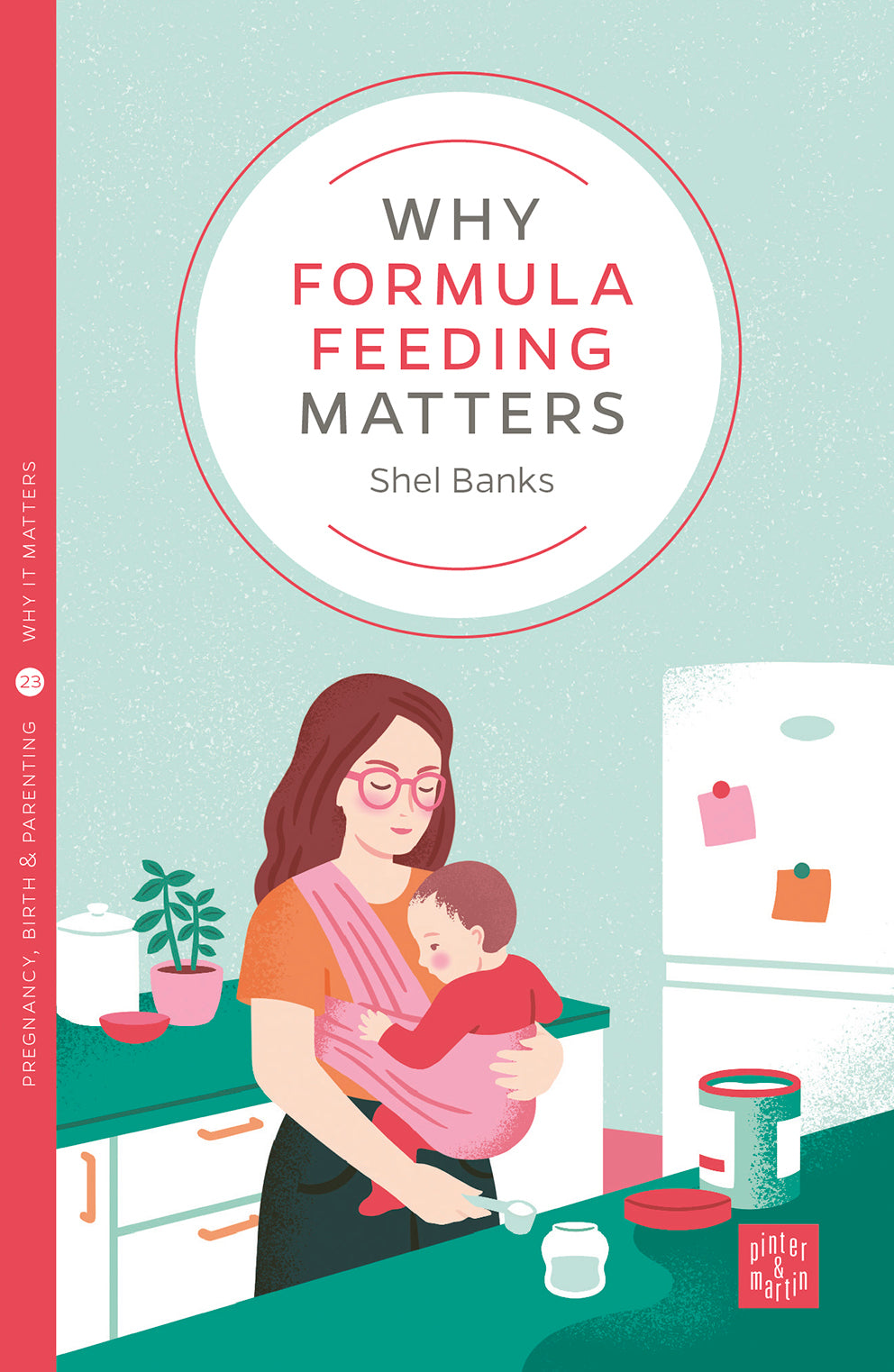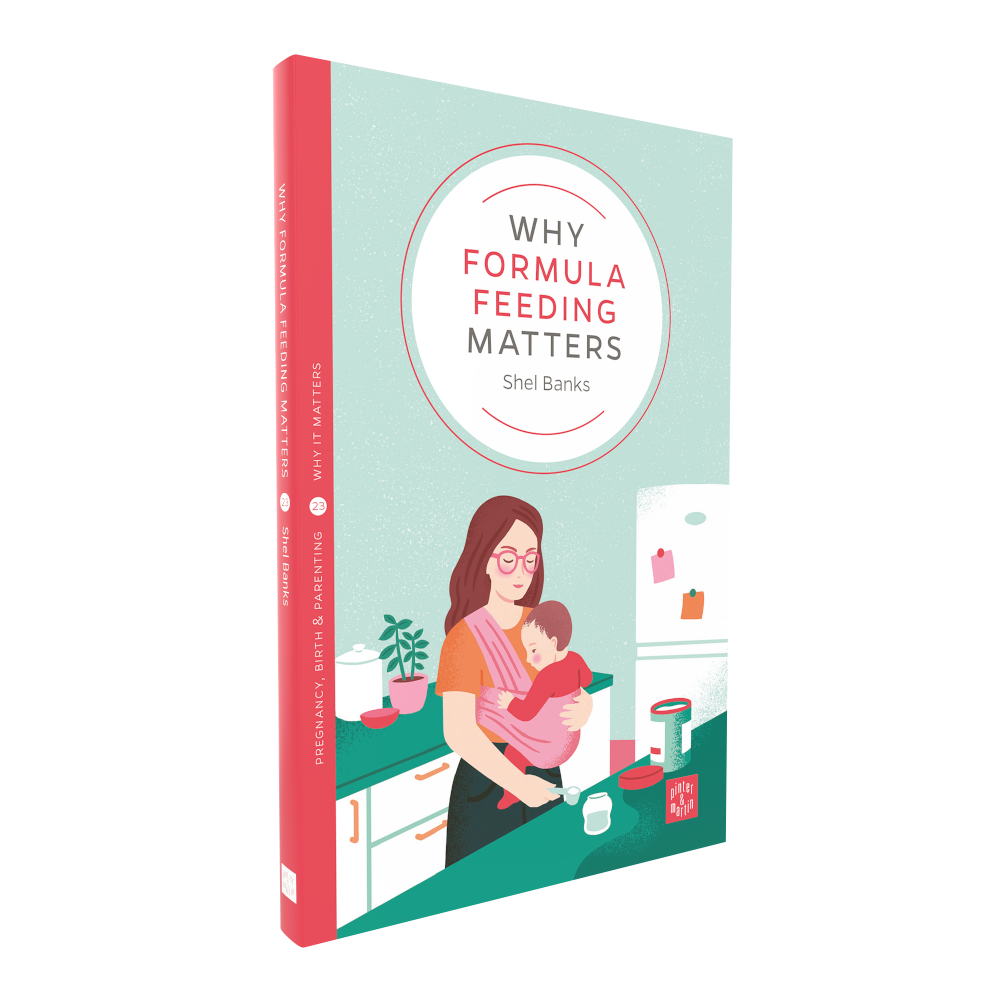Why it Matters
Why Formula Feeding Matters
Why Formula Feeding Matters
OFFER: 4 for 3 on all our books. We ship to the UK only. For other bookshops that stock our books see here.
Couldn't load pickup availability
Nearly all babies in the UK receive formula milk at some point during their first year of life. Yet finding independent and factual information about formula feeding can be surprisingly difficult, as much of the material available to parents, carers and health professionals is generated by the formula industry for marketing purposes. How can parents make properly informed decisions about which brand to choose, how much to feed and when, and how to prepare products safely? In Why Formula Feeding Matters infant feeding specialist Shel Banks tackles all these questions and many more, drawing on the evidence and her extensive experience supporting families with infant feeding to communicate essential information for anyone involved in caring for formula feeding babies.
Share
ISBN:
Number of pages:
Published:
View full details



